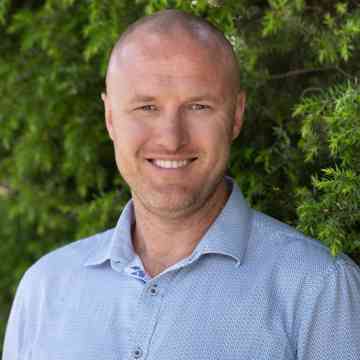For many people, gambling is a pleasurable recreational activity. Yet gambling can cause major disruption in people’s lives and the lives of their partners, families and friends. When gambling behaviour becomes problematic, it is important to seek suitable help and regain control before further damage is done.
The latest research on problem gambling suggests that the problem is widespread. Seventy percent of the Australian population gambles at least once a year; 500, 000 have an issue with problem gambling, and only 15% of those problem gamblers seek help. Given that the behaviour of a problem gambler adversely affects between 5 to 10 people in their network, that’s 5 million Australians who carry the burden of problem gambling from year to year.
There are many factors that contribute to the development of a gambling problem. These may include:
- Believing myths about gambling, e.g. that you will win eventually
- Using gambling to avoid facing difficult life circumstances or feelings
- Having a big win early in the gambling experience
- Not having other social options
- Easy access to gambling facilities
If your gambling feels like it is getting out of control, it is vital that you be honest with people whom you trust about the full extent of your gambling behaviour. This may include disclosing where you gamble, when you gamble and how much money you have lost through gambling. Think about the help you need to address your problem gambling, and ask those people talked to if they are willing to provide it. By being honest with friends and family, you are creating an authentic support network to assist you to regain control of your gambling behaviour.
Think carefully about the difficulties you were facing at the time when your gambling behaviour intensified, and take time to share your feelings about these issues with someone. If gambling has been a way of avoiding these difficulties, it is important that you learn an alternative way of dealing with them. You may find that you need to grieve, problem solve, resolve a relationship or make a new start in some area of your life. It is likely that you will find it much easier to resist gambling once you have addressed any underlying problems.
The following suggestions are essential, practical steps in recovery from problem gambling:
- Identify the financial impact of gambling on your life. Carefully estimate how much you have won, how much you have lost and decide if the loss is acceptable to you. This may assist you to identify that many beliefs around gambling are myths.
- Limit the amount of money to which you have access. This may involve handing over your ATM cards, making it difficult to gamble impulsively.
- If there is a gaming venue at which you normally gamble consider requesting to voluntarily exclude yourself from the venue.
- If you are going to stop or reduce the time you spend gambling, think carefully about what will replace the gambling behaviour. This lifestyle change may involve investing in new interests or friendships.
By being honest with yourself and your support network about the extent of your gambling behaviour, and attending professional counselling designed to address the underlying issues and factors that triggered your problem gambling, recovery from problem gambling is possible. It may feel risky to admit you that have a problem and seek help, but the joy of knowing that you’re in control of your behaviour again is well worth the gamble.
Please feel free to contact Life Supports on 1300 735 030 if you would like to discuss your situation with a professional counsellor.

Marcus Andrews
Marcus Andrews is the founder and director of Life Supports, which was established in 2002. He has extensive professional experience working as a counsellor and family therapist across a broad range of issues. The core component of his role at Life Supports involves the supervision of other counsellors, including secondary consultations. Marcus has worked in many sectors, including private, government, non-profit, health, forensic and community practice.
Recommended Reading
Get help now
Appointments currently available
Open 8am to 8pm weekdays and 9am to 5:30pm weekends